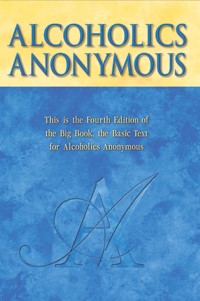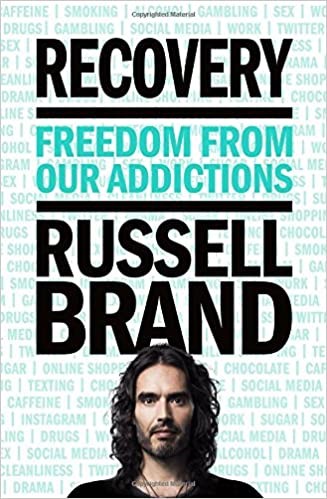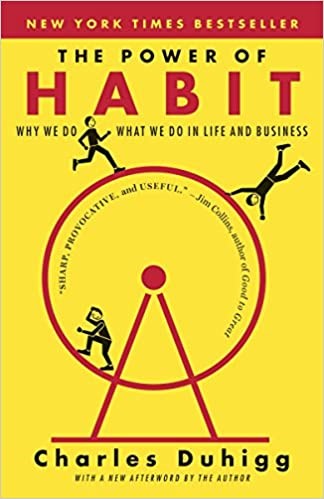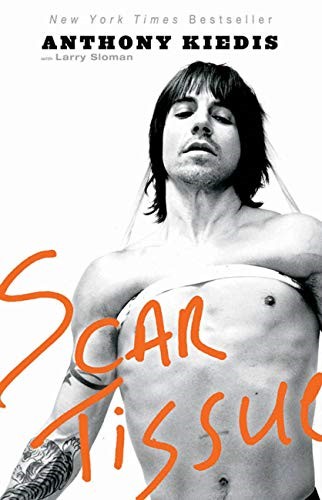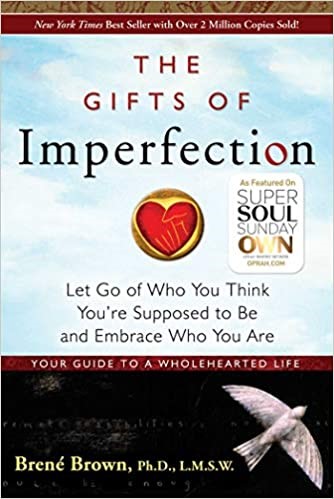Admission Line (866) 396-3655
Our Belief About Recovery
Once you seek treatment at Jackson House, you are part of our community. When you enter our facility, we are committed to embracing you in our community as well as ensuring you remain linked to our community once you leave us. We believe one of the biggest steps in recovery is what happens when you leave our program. This is because recovery is considered a forward journey that thrives when you maintain a commitment to ongoing support. Therefore, it is our goal to remain a resource for you.
Jackson House will provide you access to our ongoing aftercare support group. In addition, Jackson House prides itself on maintaining connections with numerous outpatient resources that operate ethically and with your care in mind. We know that as part of providing you with an excellent recovery experience, we must continue to be a resource you can rely on and trust throughout your recovery and sobriety.
While you are in our care, we will work with you to develop a specific care plan which is meant to assist you in forming a helpful path toward recovery. We will customize the plan to your unique situation, ensuring it includes tools to help you address your ongoing needs and ideas for how to handle potentially triggering situations. Our care plans are meant to be a practical guide to help you navigate the challenges life may throw your way. And remember, our team and the Jackson House community will be here with you to help make sure you stick to the plan and have the encouragement you need.
We are committed to providing you with ongoing aftercare support once you leave our program. Please come and join us at one of our weekly support groups!

Tools for Recovery
Recovery is a lifelong journey. Some days it may seem easier than others. On the days when you feel like you could use a little extra support, please reach out to us or lean on these resources curated by our team.
Mindfulness
Mindfulness techniques assist many individuals to better manage and/or decrease stress, anxiety, depression and anger, which are all potential triggers for substance use. Introducing mindfulness as a daily practice can benefit anyone. There are various mindfulness techniques and none are intended to be overly difficult or challenging.
Click the links below to see a visual example of several popular mindfulness techniques:
In addition to searching guided mindfulness videos online, there are also many cell phone apps that can walk you through mindfulness practices at home. Here is a recommended list:
Self-Care
Self-care is important for everyone, but especially for people who are experiencing more stress in their life from challenges like addiction and mental illness. We have put together a checklist to help you manage your self-care during your stay with us, and you can take it with you when you leave.

